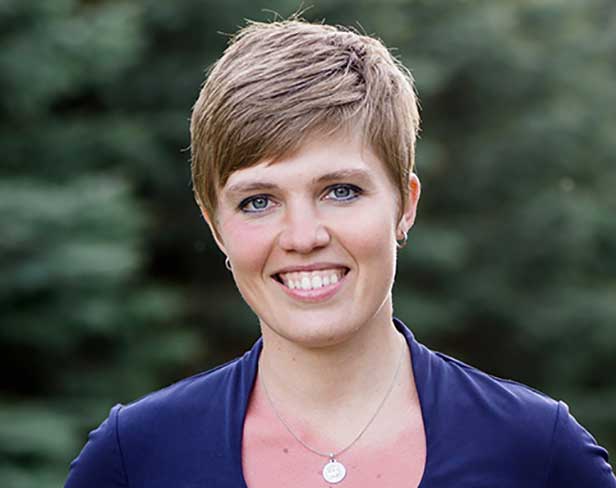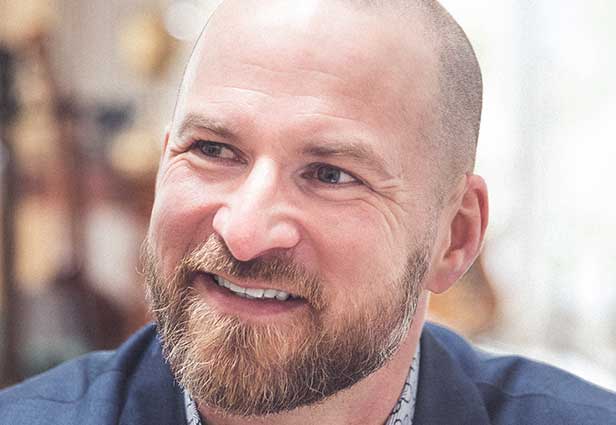Coping Mechanisms for a Long-Term Pandemic
Experts share their professional insights about addressing mental health in a sustainable way.
It’s been eight months since governments around the world implemented pandemic-induced shutdowns and millions of people were sent home to work when viable. Put into effect to quell the virus spread, the shutdowns have also resulted in significant economic loss, including closed businesses and lost livelihoods. According to Yelp, 60% of the businesses that closed during the pandemic will never reopen their doors.
Behind those doors used to be workers who now no longer receive a paycheck, resulting in missed rent and mortgage payments, along with food insecurity. Pew Research found that half of adults who lost their job during their pandemic were still unemployed six weeks ago. And the recent COVID-19 Financial Impact Series from Clever Real Estate found that 61% say their emergency savings won’t last to the end of the year.

“You want to be emotionally independent from the situation, so that your situation can happen but you get to choose your emotional response to it.” -- Elaine Sanders, The Stress Experts
So where do we go from here? With all the economic (not to mention health) fears, how can people pick up the pieces and plan to thrive on the other side?
In this episode of Promo Insiders, Advantages executive editor Sara Lavenduski welcomes Elaine Sanders, a certified life coach, stress consultant and co-founder of The Stress Experts in Manitoba, Canada, and Paul Krismer, the Chief Happiness Officer at The Happiness Experts Company, a positive psychology and happiness consultancy in British Columbia. They share their professional insights about addressing mental health in a sustainable way for the long term during this challenging time.
Podcast Chapters
2:55 The impact of the pandemic on our psyches
9:30 Counseling people to look beyond the present crisis
13:25 Maintaining positivity in the midst of a trying time
17:25 How to choose happiness, gratitude and compassion for others
21:18 The importance of self-care
23:15 Daily coping habits informed by emotional intelligence
When definitive answers are hard to come by in the world, self-introspection becomes imperative. “Roles are changing or disappearing altogether,” says Krismer. “And when society is filled with uncertainty, we need to look internal to ourselves. It needs to be an intrinsically determined way of seeing ourselves to find our value and meaning right now.”

Paul Krismer, the Chief Happiness Officer at The Happiness Experts Company
The good news is that, even when so much is out of our control, we do have control over how we’ll respond by making a conscious choice to be positive and gracious. First, it’s imperative that each person recognizes the difference between the situation and their emotional response to it, says Sanders, which creates “emotional independence” that’s more sustainable than emotional reaction to the crisis.
“You want to be emotionally independent from the situation, so that your situation can happen but you get to choose your emotional response to it,” says Sanders. “It’s recognizing that it can’t reach inside you and make you feel anything. You get the final decision on how you want to feel.” From there, each of us can recognize the emotions being felt and “reach for an appropriate one,” she explains, even if that’s not always a big smile. Focus on compassion, forgiveness and grace we can offer ourselves and others to be able to weather this storm.
